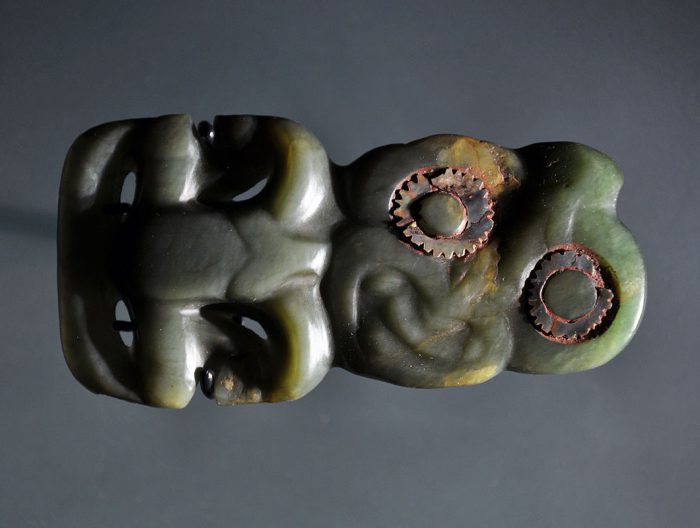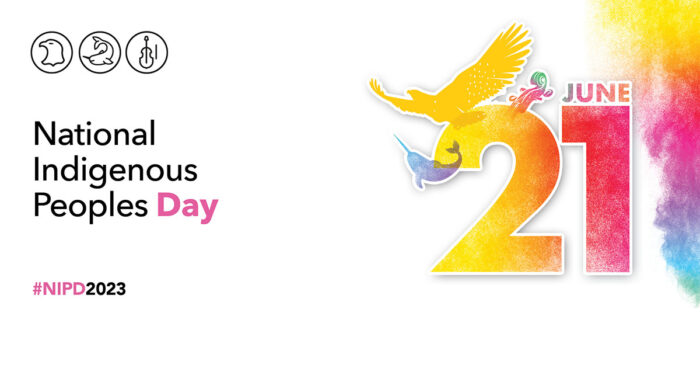What are you wearing today?
Some of us obsess about this choice the whole night before, while others just fall into the first thing we find in the morning. But no matter which type of dresser you are, all clothing—even jeans and a T-shirt—has meaning. And you may not realize how important your clothing is to you until someone tells you that you can't wear it.
Many people are told that they cannot wear their traditional clothing in certain places, like at work. These people can either choose to obey the laws or challenge them. Recently, an MP—or member of parliament—in the New Zealand government chose to challenge them, and won.
His name is Rawiri Waititi, and he is the co-leader of the Māori Party.
What is correct dress?
MP Waititi speaks to reporters about his challenge to the New Zealand parliament's dress code. (Getty Embed)
In most governments, there is a dress code. You can't just show up in a jogging pantsand a baseball hat, for example. You have to wear certain clothing that shows respect for the office. In general, if you are a male, this means wearing a suit, a collared button-down shirt, and a tie.
Early this year, Waititi came to work in a suit and collared shirt, but no tie. Instead, he wore a carved pendant of his Māori heritage called a hei-tiki. Because he was not 'properly dressed', the leader of parliament did not accept his presence. Waititi was kicked out.
Waititi said this was unfair and that in his Māori culture, his pendant had the same meaning as a tie. So he challenged the ruling.
Māori traditions
Waititi stands with fellow Māori MPs Dr Elizabeth Kerekere (middle) and Debbie Ngarewa-Packer (right). They all have traditional Māori facial tattoos called Tā moko. (Getty Embed)
The Māori are an Indigenous people that live mostly in New Zealand. Researchers believe that they arrived in the 1300s, traveling by boats from the nearby Polynesian islands in the Pacific Ocean. This means that they were on the islands of New Zealand about 400 years before the first English explorers and colonists arrived there.
Like many Indigenous populations in former European colonies—such as Canada, the United States, and Australia—the Māori people became more and more oppressed by settlers. And over the past few decades, they have fought hard to win back their own traditions, rights, and ability to determine their own future in society.
About more than just clothes
Waititi shakes hands with Prime Minister Jacinda Ardern. New Zealand's parliament is one of the most diverse in the world, with 48% women, 21% Māori, and 11% LGBTQ+ members. (Getty Embed)
This is the kind of fight that Waititi is carrying on with his challenge to wear the hei-tiki in parliament. On one hand, it would seem easy to wear a necktie—the rules say that is how you show respect for the office. But what about respect for different cultures and traditions found within a diverse society?
Waititi wanting to wear a hei-tiki isn't just a random choice—it is his people's version of the tie. As he said in an interview with CBC Radio recently, "This is about cultural identity. This is about the freedom of cultural expression and the freedom of Indigenous peoples to be able to operate comfortably in a space that is not suited for us. We need to ensure that we start to break down the very systems that keep Indigenous peoples in second place."
Waititi's win is important for both himself and other Māori. It may even inspire people in other countries to make similar challenges. Dress codes are important in places like government—but different people have different versions of getting dressed up for an occasion. As Waititi himself put it, "for Maori, what I was wearing is appropriate business attire."
 An example of the hei-tiki pendant that Māori MP Waititi was wearing when he was removed from parliament. (Wikimedia Commons)
An example of the hei-tiki pendant that Māori MP Waititi was wearing when he was removed from parliament. (Wikimedia Commons)










interesting
I think it can compare to Black culture when the marches for anti racism began.